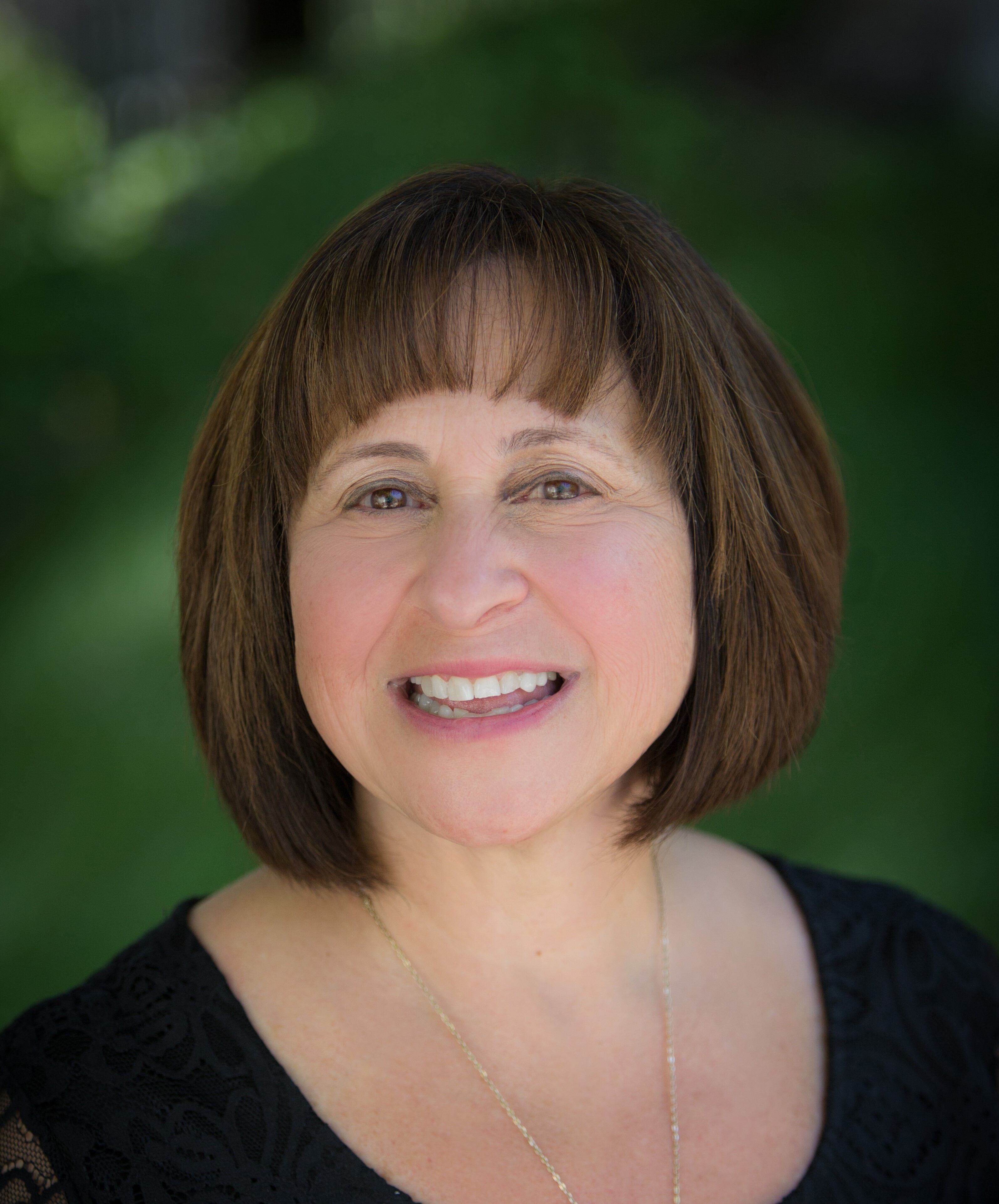The year was 1868. General John Logan issued General Order No. 11 calling for a national day of remembrance for Civil War dead. May 30 of that year was the day designated for this observance. Flowers were placed on the graves of the fallen soldiers of both the Union and Confederate Armies. From this, Memorial Day was eventually instituted as a national day of observance.
The first Jewish chaplain ever appointed to the Marine Corps, Rabbi Roland B. Gittelsohn, delivered a powerful sermon after the fighting at Iwo Jima. Though the original intent was for him to share his words during a dedication memorial service for all those lost, the biased protest of a few led to three separate religious services. For his congregation of seventy, Rabbi Gittelsohn delivered the message he had originally written for the combined service:
Here lie men who loved America because their ancestors generations ago helped in her founding, and other men who loved her with equal passion because they themselves or their own fathers escaped from oppression to her blessed shores. Here lie officers and men, Negroes and whites, rich men and poor . . . together. Here are Protestants, Catholics and Jews together. Here no man prefers another because of his faith or despises him because of his color. Here there are no quotas of how many from each group are admitted or allowed. Among these men, there is no discrimination. No prejudices. No hatred. Theirs is the highest and purest democracy...
Whosoever of us lifts his hand in hate against a brother, or who thinks himself superior to those who happen to be in the minority, makes of this ceremony and the bloody sacrifice it commemorates, an empty, hollow mockery. To this, then, as our solemn duty, sacred duty do we the living now dedicate ourselves: to the right of Protestants, Catholics, and Jews, of white men and Negroes alike, to enjoy the democracy for which all of them have here paid the price …
We here solemnly swear that this shall not be in vain. Out of this and from the suffering and sorrow of those who mourn this will come, we promise, the birth of a new freedom for the sons of men everywhere.
For Jews, memory has long been a source of focus and inspiration. As historian Yosef Yerushalmi and others have pointed out, the biblical appeal to remember (which appears 169 times throughout the Bible) has little to do with the past. Rather, it is a religious imperative to act, to grab hold of the story and make it our own. When the Torah says yizkor (remember), it is most often about the future not the past. The prayer of Yizkor invites us to bring to mind someone who lived, to remember what they taught us so that we can pledge anew to act in ways that honor those lessons and values.
As Americans, we celebrate liberty and freedom. The independence we treasure is a result of hard fought battles at the sacrifice of many who put themselves on the frontline to protect that sovereignty. Hundreds of thousands of Americans – men, women, wives, husbands, children, friends, partners, siblings - have given the ultimate sacrifice of their lives while defending our liberties.
No matter the debate of a given war, military action, or humanitarian effort, we owe it to those who lost their lives to remember and to continue their legacy as articulated by Rabbi Gittelsohn – to work side by side with people of different regions, races, color, and ideology, to uphold the rights of all people, and to rid ourselves of hatred and bigotry in fighting for the democracy that defines this land.
In this year that finds so many of us staying at home, the real meaning of Memorial Day invites our contemplation - to remember, reflect, and recommit to defending our land so that the day will come when we will no longer add new names to those who have paid the ultimate sacrifice on our behalf.
Sometimes, the words of children say it best, so in closing, I share these words of Luke, a third grader from Connecticut:
Remember the brave soldiers who gave their lives
For our freedom,
God Bless them all these courageous
Men and women.
They fought on land,
Others at sea,
Sacrificing their lives for
You and me.
Schools and offices respect these heroes
From the past,
By flying our beautiful flag
At half-mast.
As you watch the parade and hear
The trumpets play,
Please think about what we celebrate on
Memorial Day.
AMEN!

